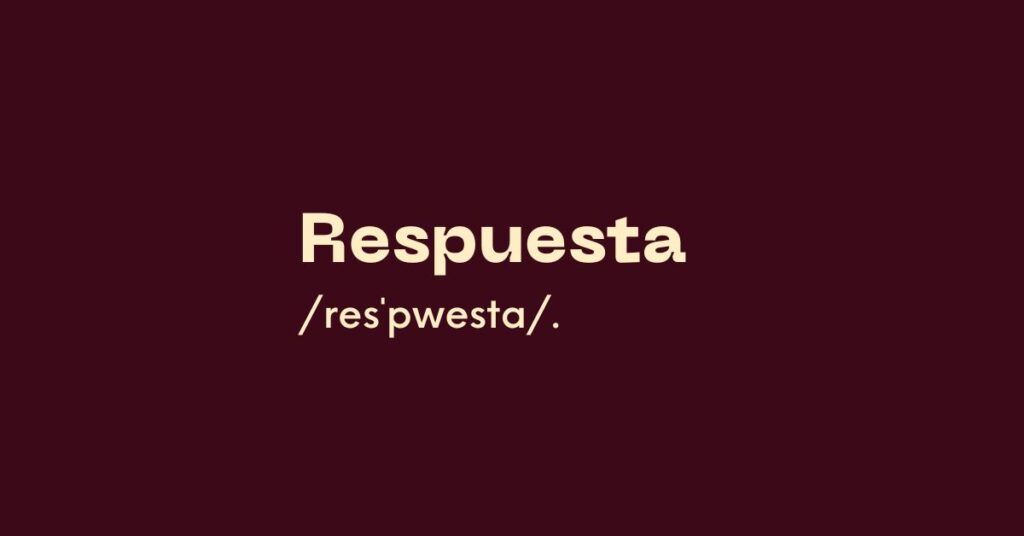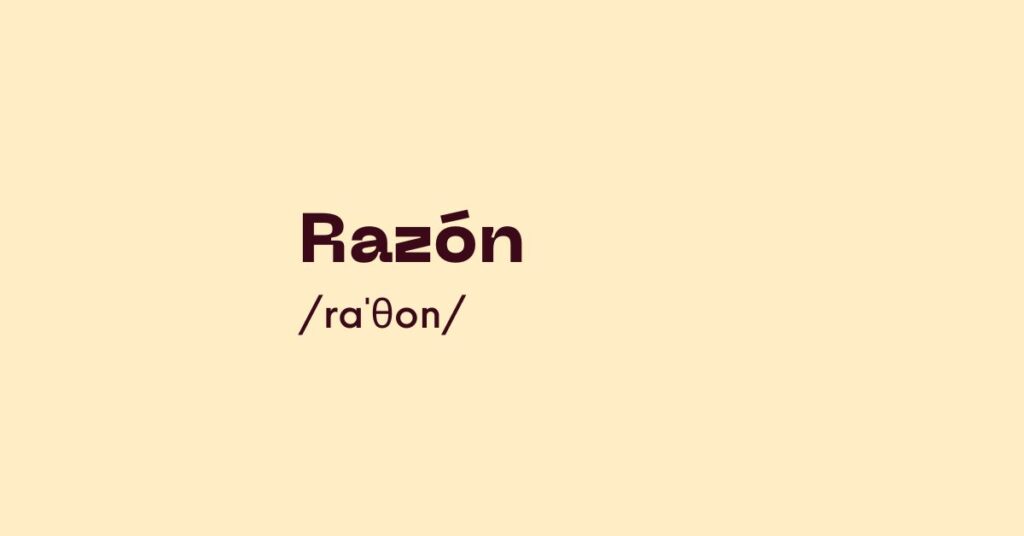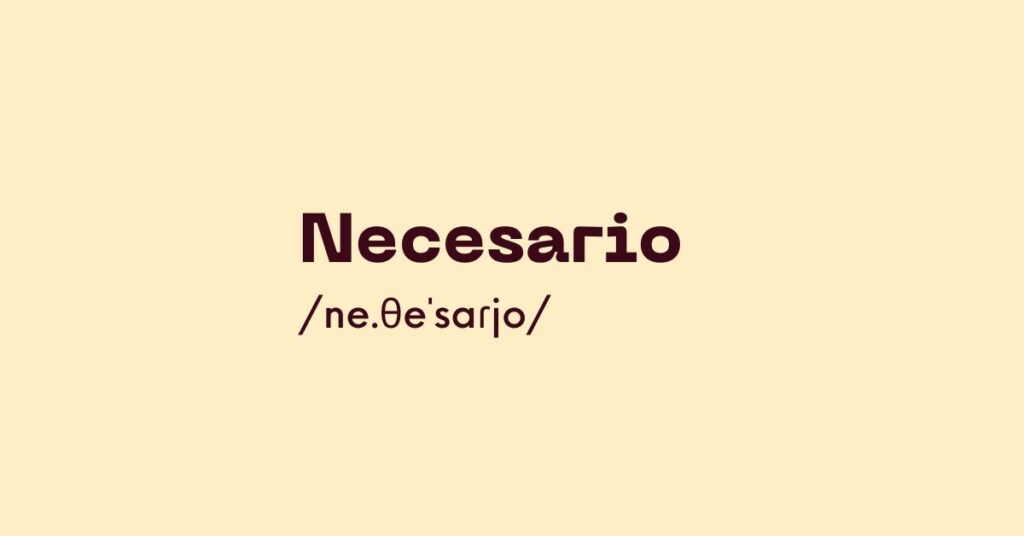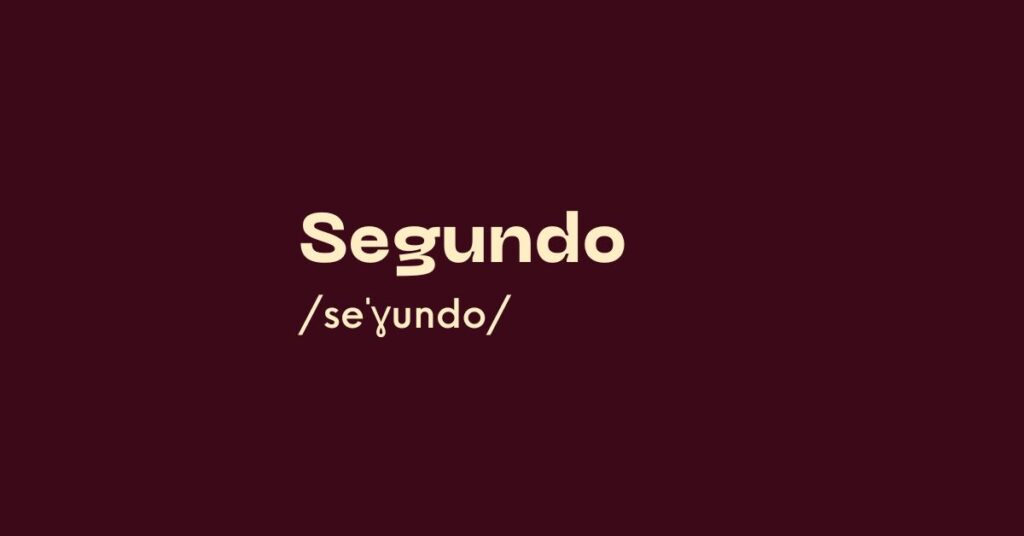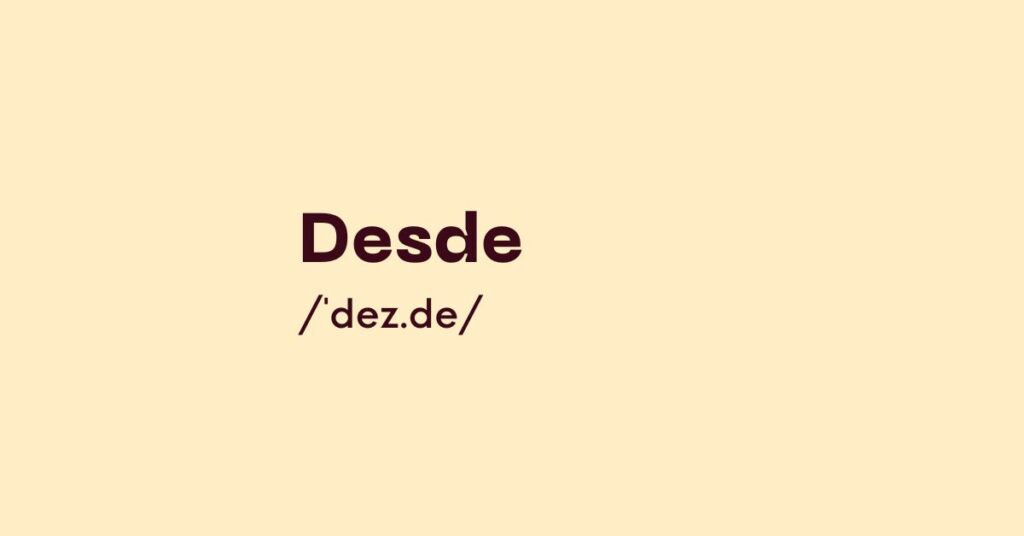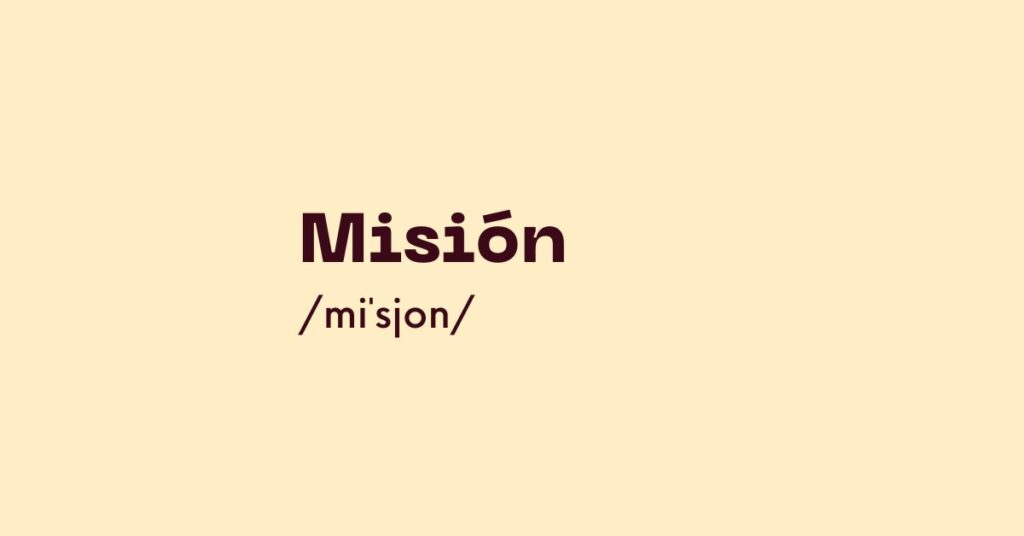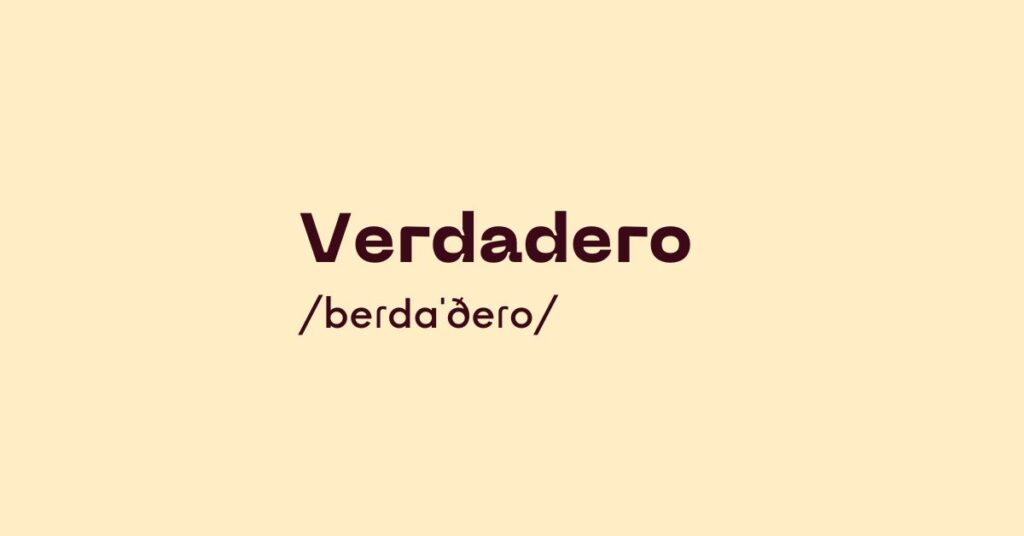Respuesta
Today’s Spanish word of the day is “respuesta”. It’s a feminine noun meaning “reply”, “response” or “answer”. It might not look much like it, but it’s related to the English word “response”, as both come from Latin respondere (“to respond”). Example sentences Estoy esperando tu respuesta. I am waiting for your answer. ¿Cuál es la […]
